Before you can enjoy your charming new Dutch home, there’s one essential task to tackle: setting up your utilities in the Netherlands.
Having a smooth flow of heat, electricity and water in your house is crucial, especially on those rainy days when you don’t want to leave the house.
But how do you get it all set up? Let’s talk about it.
- 🙋♂️ What do I need to set up my utilities in the Netherlands?
- 🔑 Buying vs renting: the difference when it comes to utilities
- ⚡️ Electricity and gas in the Netherlands
- 🚿 Water in the Netherlands
- 💸 How can I pay my utility bills in the Netherlands?
- ♻️ How can I switch utility providers in the Netherlands?
- 📦 Moving and utilities in the Netherlands
- 👉 Other services you may want to set up in the Netherlands
This post might have affiliate links that help us write the articles you love, at no extra cost to you. Read our statement.
🙋♂️ What do I need to set up my utilities in the Netherlands?
Before you can embark on your Dutch utilities journey, there are a number of important documents that you need to gather. These will be needed by your utility provider to set up your services.
You’ll need:
🪪 proof of identity (ID card or passport),
🔑 proof of living arrangement (rental contract), and
📄 a bank statement or proof of residency from your municipality (gemeente).
It’s also almost always necessary to have a Dutch bank account to set up your utilities in the Netherlands.
(Psst! Just arrived in the Netherlands? Check out the banks that let you open an account before you get a BSN (the crucial Burgerservicenummer)!
🔑 Buying vs renting: the difference when it comes to utilities
It’s important to know that whether you rent or own your home can have an impact on your utilities in the Netherlands.
I’m renting a property in the Netherlands
If you’re renting an apartment or a house in the Netherlands, you should first find out whether utilities are included in your rental price.
Are your utilities included? Then your landlord already has a provider that he’s paying monthly — and that fee is part of your rent.
READ MORE | Inclusive vs. exclusive rent in the Netherlands: what you need to know about utilities and renting
Are they not included? Then you’re ready to pick your own utility providers (see the info below!).
Keep in mind that some landlords have specific conditions surrounding gas and electricity — so it’s good to double-check your rental contract.
I’m buying a property in the Netherlands
If you buy a house in the Netherlands, it’s often possible for you to transfer the utility services from the previous owner into your own name. This is a handy option if you don’t want to deal with the hassle of choosing a new provider.
Alternatively, you can do some research and pick service providers that align with your wants and needs. If you own an apartment or a studio, make sure to check if your homeowner’s association has any special requirements for utilities.
⚡️ Electricity and gas in the Netherlands
Now that we got the basics out of the way, let’s move on to the first major utility you’ll need to set up in the Netherlands: electricity and gas.
Electricity and gas in the Netherlands are grouped together as “energy supply sources”. Most Dutch homes use electricity as their main source of power, but gas is an option in many homes, too.
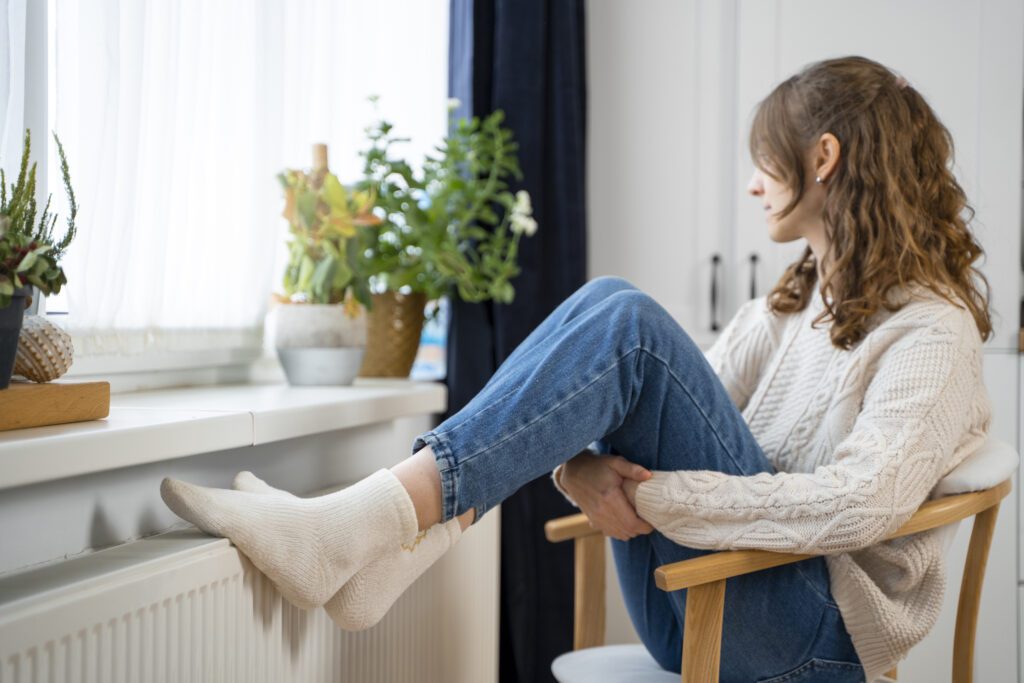
While gas-powered homes use electricity as well (for all things that need electricity), they use gas for things such as heating, stoves, and hot water. 🔌
How to connect electricity and gas to your Dutch home
You’ll be happy to hear that, in most cases, electricity and/or gas will already be hooked up to your Dutch home when you move in.
All you need to do (ideally before moving in) is choose an energy provider and transfer the services to your name. From then on, all you need to take care of is paying your bills. 😉
Good to know: If you don’t enter into a contract with a provider upon moving, you will be sent a letter by your municipality reminding you to do so. If you still fail to set up gas and electricity, your power will eventually be cut off.
After transferring the utilities to your name, your new provider will usually ask you to provide meter readings.
To make sure that you only pay for the energy that you actually use (and save money!), we recommend that you make note of these readings on your move-in day.
How to choose a Dutch electricity and gas provider
The Dutch energy market is privatised, meaning you have the freedom to select a gas and electricity provider that ticks all your boxes. ✅
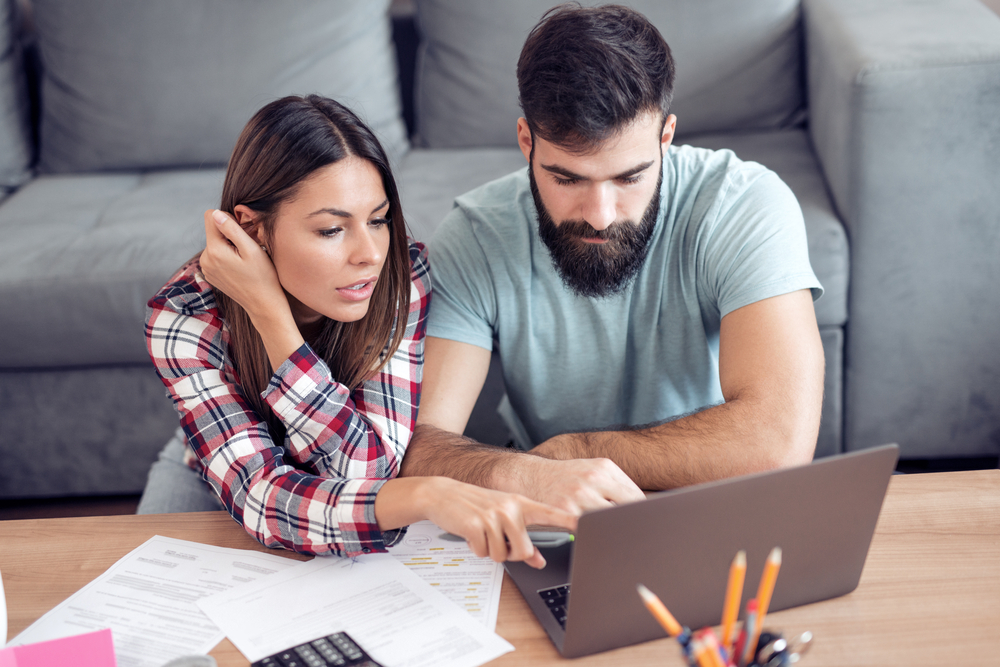
The most popular providers of gas and electricity in the Netherlands are:
When choosing the provider that’s right for you, there are a variety of factors you may want to take into account. Think of costs, customer service, sustainability, and contractual terms and commitments.
An easy way to get an overview of the best providers and their prices is by using a price comparison tool like Energievergelijk.nl, which is fully available in English.
Tip: Can’t be bothered to deal with price comparisons and Dutch contracts? There are other options! Companies like PartnerPete or Utility Direct can help you get the best deals for your Dutch utilities (and more!).
Costs of gas and electricity in the Netherlands
It’s important to know what you can expect to pay for gas and electricity in the Netherlands so that you can stick to your monthly budget (and have some spare change for a biertje or two).
Of course, how much you actually end up paying per month can vary on factors such as your usage, the insulation of your home, the type of contract you sign and, very significantly, the energy label of your home and your appliances.
Energy labels for Dutch homes and appliances
What the frikandel is an energy label? In simple terms: It’s an EU-wide categorisation of homes and devices that indicates how energy-efficient your house or appliance is.
The rating ranges from A (the most energy-efficient) to G (the least energy-efficient). For apartment buildings, the A-rating is extended to A, A+, A++, A+++ and A++++, where more pluses indicate better energy efficiency.
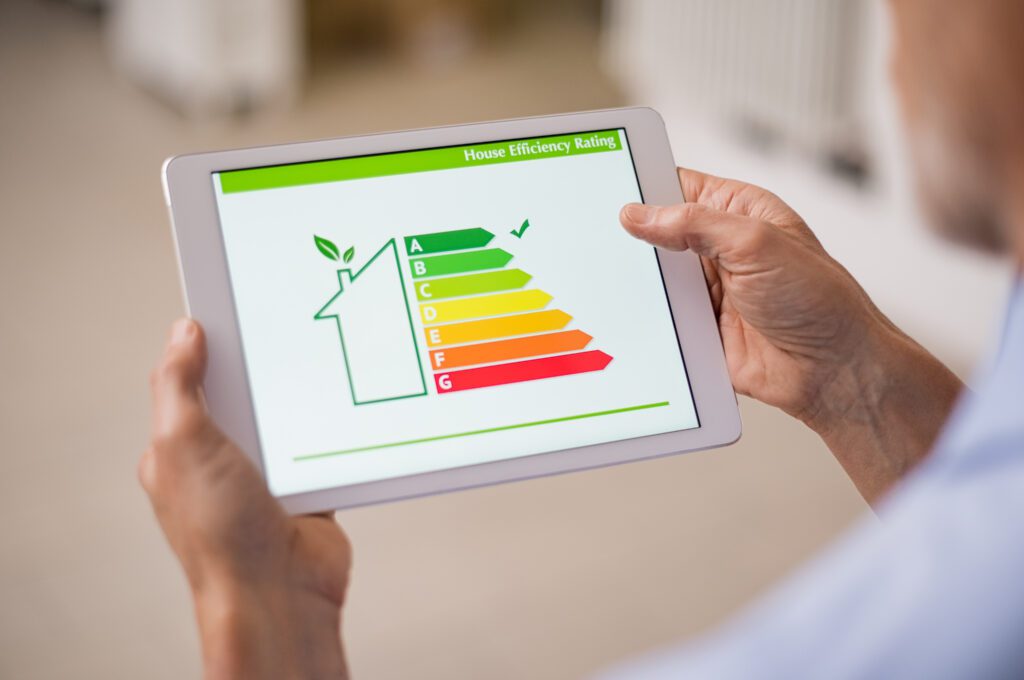
- For houses, the energy label indicates how energy efficient a house is compared to similar houses.
- For appliances, the energy label shows how economical the device is with energy but also provides information about the noise level, repairability, and water use, for example.
Appliances that have an energy label include fridges and freezers, washing machines and washer-dryers, dishwashers, televisions, ovens, vacuum cleaners, lighting products, central heating boilers, and air conditioners.
Where your home and appliances lie on the scale can have a major impact on your energy bill.
READ MORE | How to calculate your utility costs in the Netherlands
How major? Well, a G-labelled home uses a whopping 50% more gas than an A-rated one. As for electricity, homes with a G label use, on average, 15% to 25% more than A-rated ones.

Average gas usage and cost per month:
How much gas a household consumes mainly depends on the type of house you live in.
| Type of home | Cost per month |
| Apartment (Appartement) | €120 |
| Row house (Tussenwoning) | €160 |
| Corner house (Hoekhuis) | €189 |
| Semi-detached home (Tweegezinswoning) | €215 |
| Detached home (Vrijstandhuis) | €287 |
The average overall price for gas comes out to about €164 per month.
Average electricity usage and cost per month:
The cost of electricity usage mainly comes down to the size of the household (the amount of people).
| Household size | Cost per month |
| 1 person | €40.50 |
| 2 people | €74.50 |
| 3 people | €96.20 |
| 4 people | €118.20 |
| 5 or more people | €131.11 |
The overall average price for electricity comes out to about €72.20 per month.
How to save money on gas and electricity in the Netherlands
Now comes the fun part: saving money! There is a multitude of ways in which you can save some of those hard-earned euros on your energy bill.
READ MORE | Save money by outsmarting your Dutch utility contracts
Here are our three hottest tips that can help you channel your inner frugal Dutchie:
- Switch energy providers regularly to always get the best variable rates
- Run high-energy appliances like the dishwasher at night during reduced rates (yup, they’re a thing!)
- Turn down your heating at night (sleeping in a cool room is better for you anyway. 😉)
TIP: Wanna know more ways to save money on energy costs in the Netherlands? Dat kan! Check out our article on 14 ways to save on energy costs in the Netherlands.
Feeling a bit overwhelmed by the decisions you need to make? That’s okay; life is stressful enough.
Luckily, there are a few sites out there (such as Utility Direct) that can help you organise the utilities that are right for you in English! No more stumbling around in a wilderness of Dutch words and package comparisons.
Renewable energy in the Netherlands
The Netherlands is a very sustainable country, and they’re on a mission to reach net zero carbon (CO2) emissions by 2050.
To achieve that goal, the government supports households that switch to green energy by subsidising part of their cost.
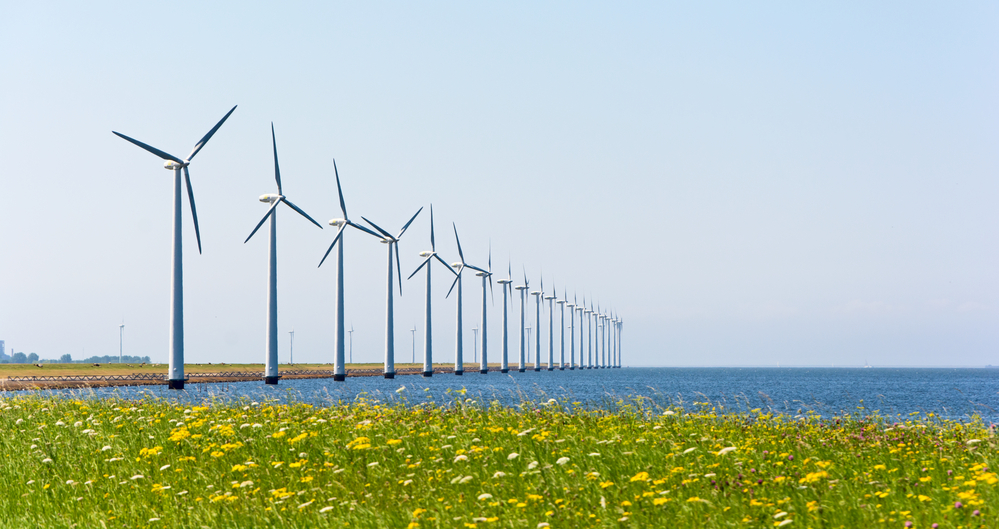
This means that, although green energy is more costly to produce, it often ends up costing the consumer as much (or less!) as non-renewable energy would.
READ MORE | Renewable energy in the Netherlands: everything you need to know
If having green energy is important to you, then you’ll want to pick a provider that offers green energy.
Let op! Not everything that’s “green” is actually sustainable — and some providers may be much greener than others. 🚫
It’s pretty easy for Dutch energy suppliers to call themselves green; so always make sure to double-check where your provider’s energy actually comes from.
If you want guaranteed green energy, it’s worth thinking about solar panels! ☀️
🚿 Water in the Netherlands
Getting water to your Dutch home is not nearly as complex as getting gas and electricity. Phew!
How to connect water to your Dutch home
Good news: Water is already connected to your home in the Netherlands when you move into it. There is nothing you need to do besides getting a water supply contract in your name.
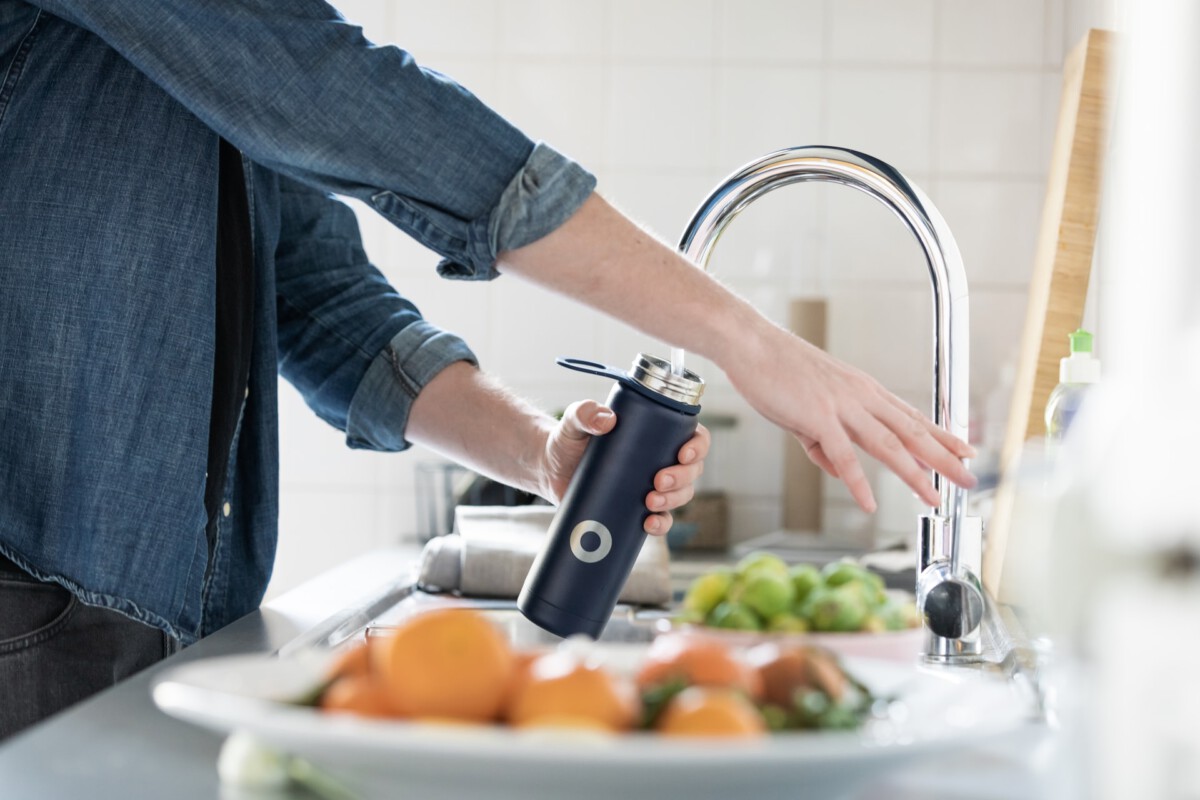
Water supply providers in the Netherlands
In the Netherlands, your water supplier is not chosen by you. Instead, providers are decided by the region you live in — and there are 10 different ones for the entire country. 💦
To find out who your provider is, you can ask your landlord or insert your postcode into this handy tool.
If you live in any of these major Dutch cities, these are your water suppliers:
| Amsterdam | Waternet |
| Den Haag/Leiden | Dunea |
| Rotterdam | Evides |
| Utrecht | Vitens |
| Eindhoven | Brabant Water |
| Maastricht | Waterleiding Maatschappij Limburg |
| Groningen | Waterbedrijf Groningen |
Once you know who your provider is, you can visit their website to change the name on the contract and provide your Dutch bank details.
Cost of water in the Netherlands
Your total water cost consists of two elements:
- the cost of your actual water usage (often called “tap water bill”, or drinkwater rekening in Dutch), and
- your municipal taxes (gemeentelijke belastingen) for water services such as sewage and maintenance. 🚰
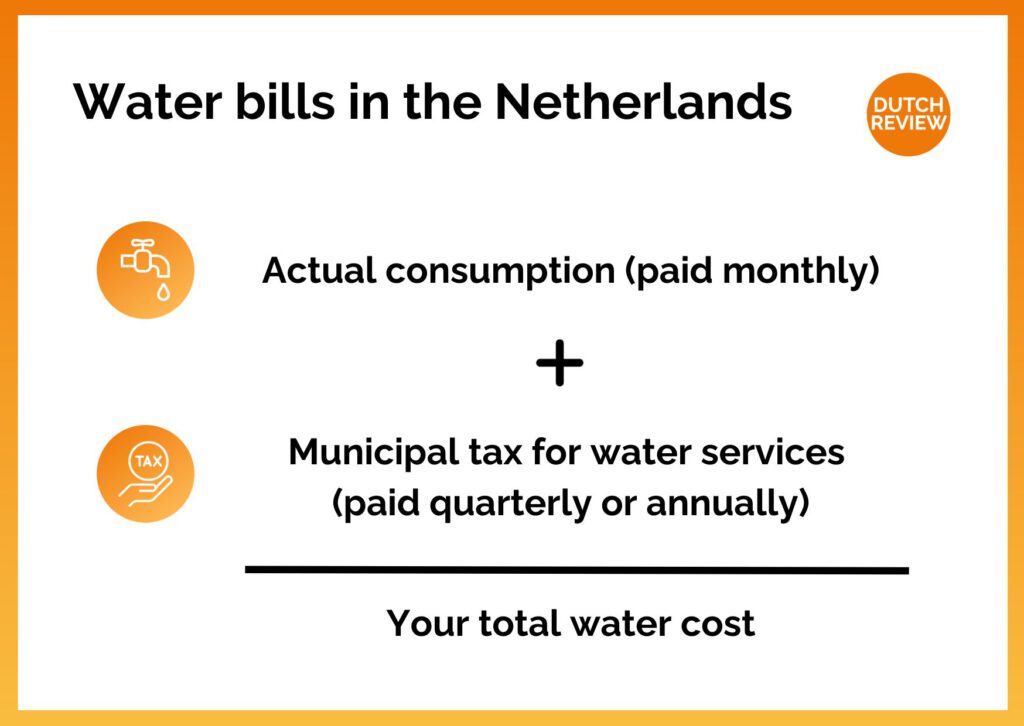
For water usage, your bill will, of course, depend on the amount of water you use. Waternet estimates a price of:
- €16.23 per month for a one-person household,
- €22.45 per month for a two-person household,
- €28.70 per month for a three-person household, and
- €34.95 per month for a four-person household.
When it comes to water service taxes, you should budget around €260 for the year (2024) for your water bills if you live alone. If you live with one or more other people, then you can expect to pay around €445. This covers a water treatment charge and a water system charge.
READ MORE | Top 12 services for expats in the Netherlands to make your life easy
If you own the house you live in, you will need to pay an additional water system charge for buildings of about €65.
💸 How can I pay my utility bills in the Netherlands?
We’ve covered Dutch utilities, providers, and prices; now, let’s dive into the nitty-gritty of paying your bills. (Yep, turns out they’re pretty strict about that).
READ MORE | The best credit cards for expats in the Netherlands
Usually, utility providers will offer you two standard options to pay your bills:
- Automatische incasso (automatic direct debit), where your due amount gets taken straight out of your account every month, or
- Manually transfer the amount you owe to your provider each month via internet banking.
Your tax bills for water will be sent to your home address once a year or once per quarter, depending on your municipality. You can typically choose to pay the amount in one go or split it up into multiple payments. 💵
♻️ How can I switch utility providers in the Netherlands?
As you know by now, the utility market in the Netherlands is privatised.
This means that, in theory, you can switch your gas and electricity contract as much as you like (within your contract, of course). Your water provider, on the other hand, will only change if you move to a different region.

But why would you choose to switch energy providers? Well, because it can actually be quite profitable! Yup, one of the most efficient ways to save money on utility expenses is to choose your provider wisely and switch regularly.
READ MORE | To switch or not to switch: here’s how changing energy contracts can save you money
Another reason to consider a switch could be if you’re looking to make your home more sustainable or if you’re looking for a provider that’s more expat-friendly.
If you want to switch energy providers, the first thing on your to-do list should be to check whether your current contract actually allows you to switch. Since June 1, 2023, providers can fine you if you decide to switch providers before your contract ends.
READ MORE | 14 dang smart ways to save on energy costs in the Netherlands 2024
However, if your plan has an indefinite term, you can switch anytime.
If you are looking to switch your utility provider, you’ll have to take these two easy steps:
- De-register from your old provider.
- Apply to the new provider by providing your new address and an estimate of your monthly or annual usage.
Oftentimes, you can also just contact your new chosen supplier, and they can help you make the change.
📦 Moving and utilities in the Netherlands
Moving house in the Netherlands? Exciting! Unfortunately, that means that you have to deal with setting up your utilities again.
Fortunately, it doesn’t have to be as hard as the first time around. 😅
Transferring utilities to your new address
Moving is stressful enough — so you’ll be happy to hear that one way to make your move a little more manageable is by transferring your existing utility contracts to your new address.

Since your energy contract is linked to your personal account with the supplier and not the property, transferring utilities to a new address is easy-breezy!
Cancelling your utility contracts
If you’re moving abroad or want to register with a new supplier in your new home, then it’s time to say goodbye to your utility contract.
Usually, you can easily de-register from your provider using their online customer portal. Alternatively, you can shoot them a quick e-mail saying you would like to put an end to your contract.
👉 Other services you may want to set up in the Netherlands
Phew! Well done, you’ve officially set up the most important Dutch utilities. 👏
Next up, it’s time to set up your mobile phone and internet. Luckily, we’ve got some guides to help you out:
Need a bank in the Netherlands? How about some useful apps? Or the best savings account? 👇
Feeling ready to tackle your utilities in the Netherlands? Great, take a moment to pat yourself on the back — you’ve just ticked a major task off your to-do list!
Now, it’s time to enjoy all the wonders that Dutch life has to offer (and maybe some biertjes).
Do you have any more tips about utilities in the Netherlands? Tell us in the comments!
That’s good!
Great to share this information thanks. I am really happy to say it’s an interesting post to read. THIs is such an incredible post. Definitely i wiil visit next year in Netherlands
Landlines, they are for troglodytes only, modern people do not use landlines any more